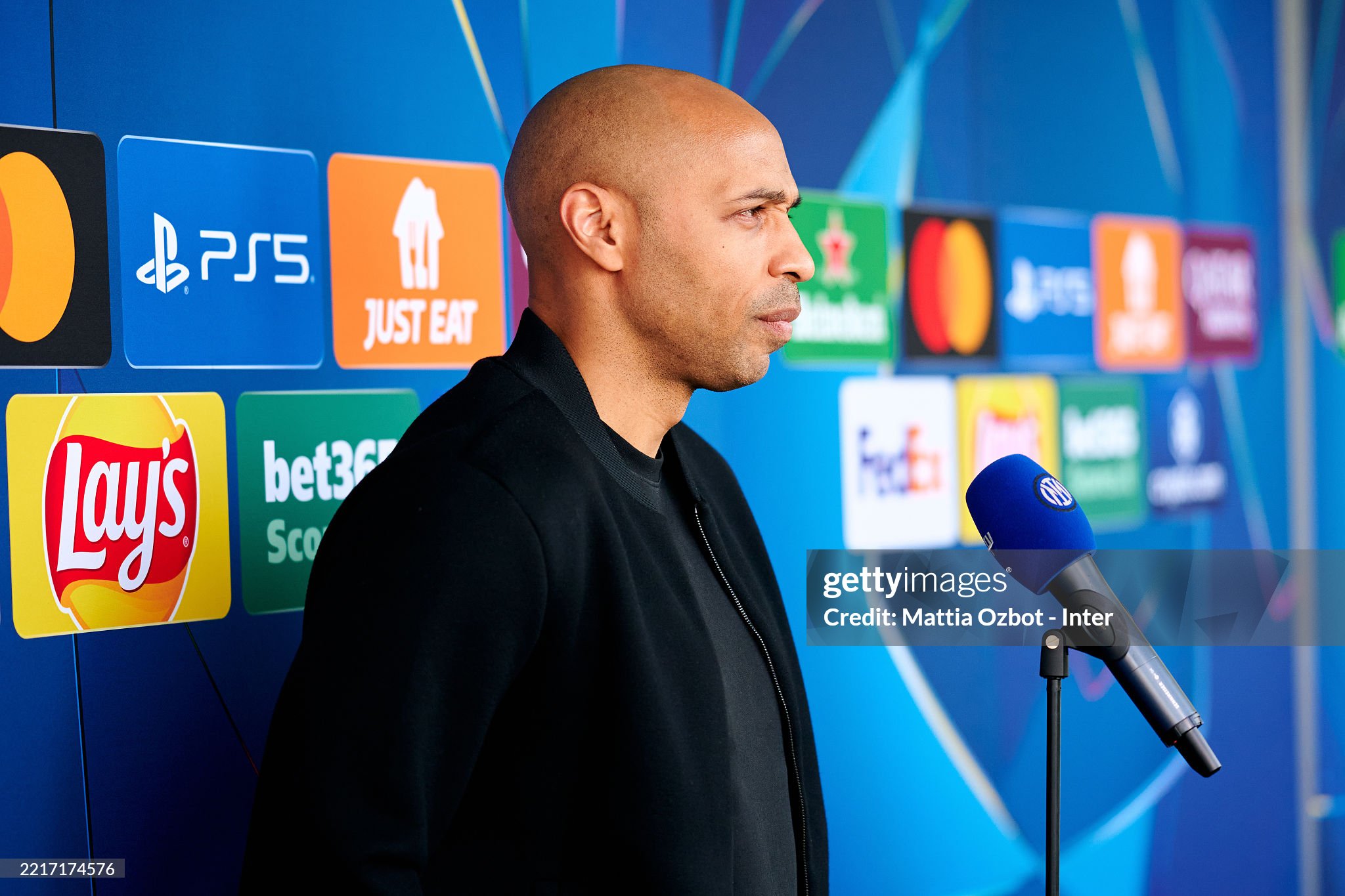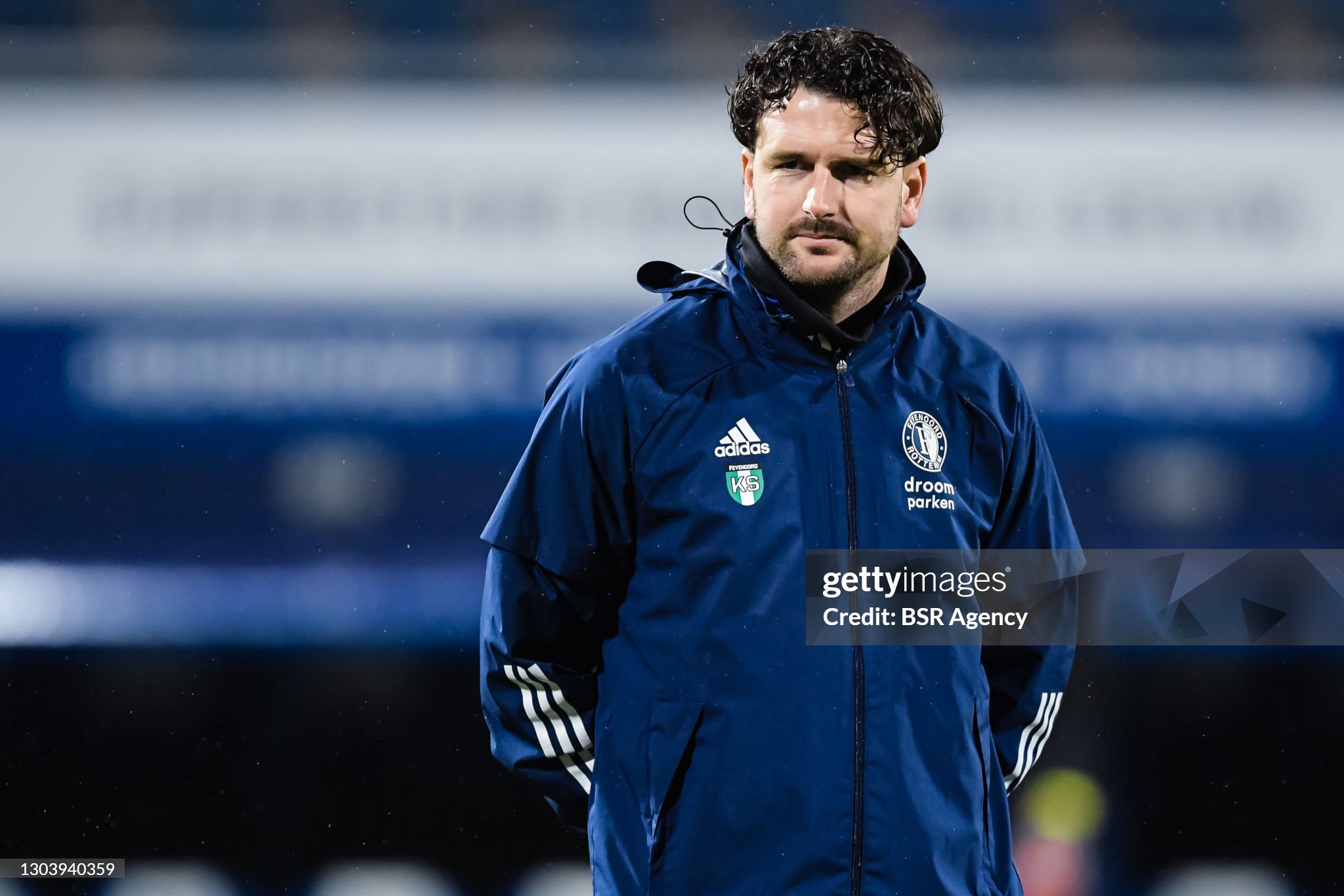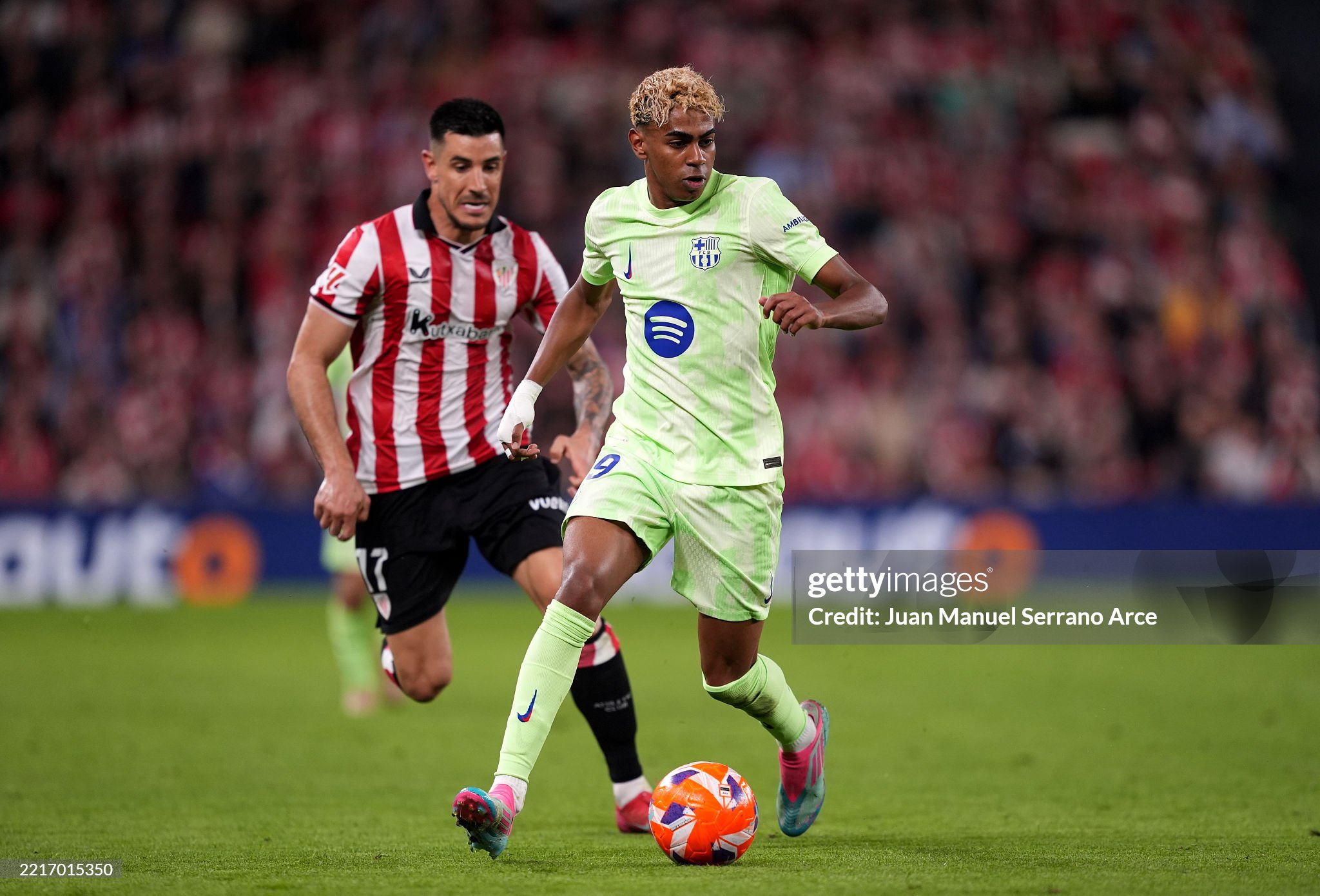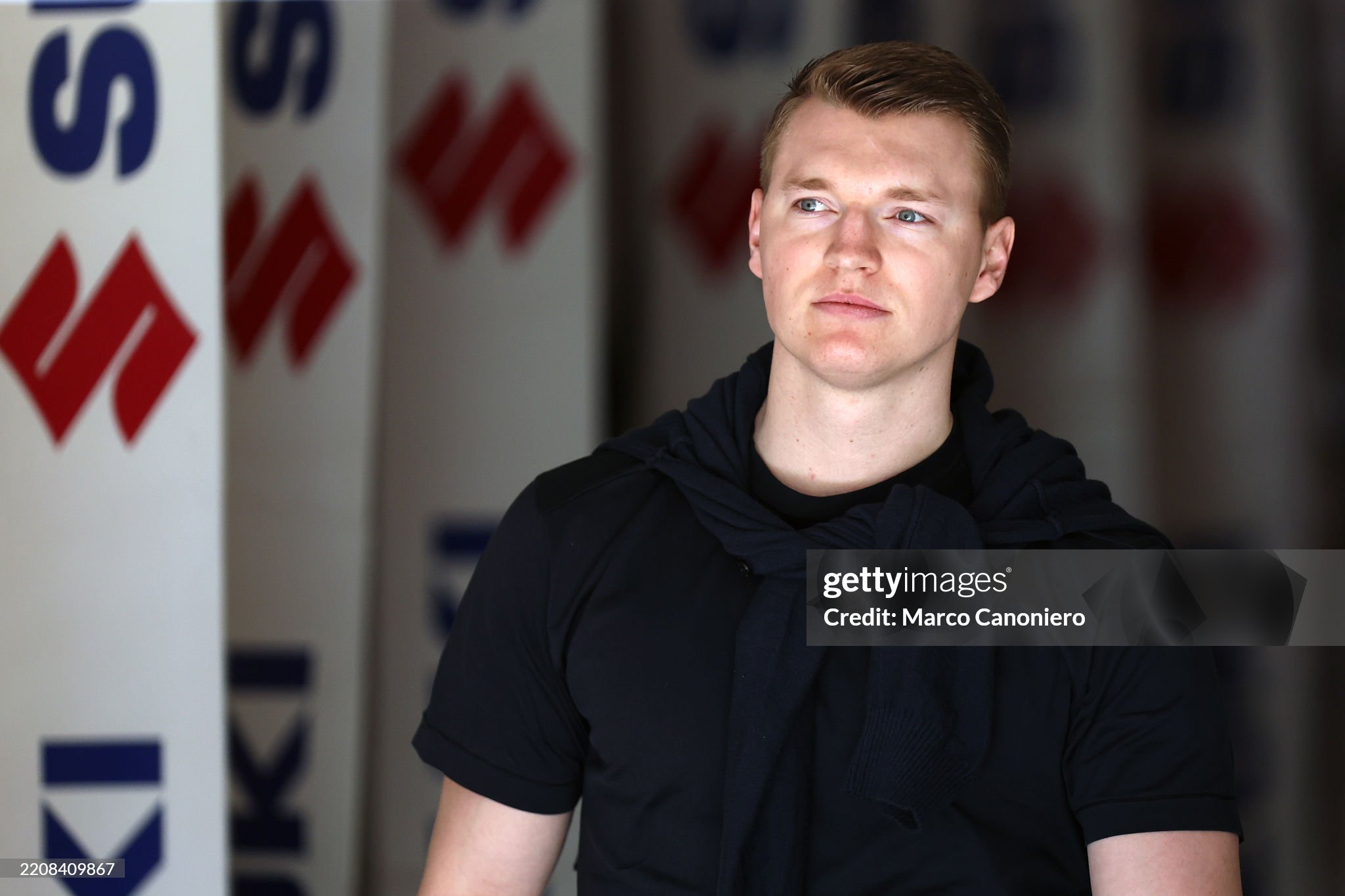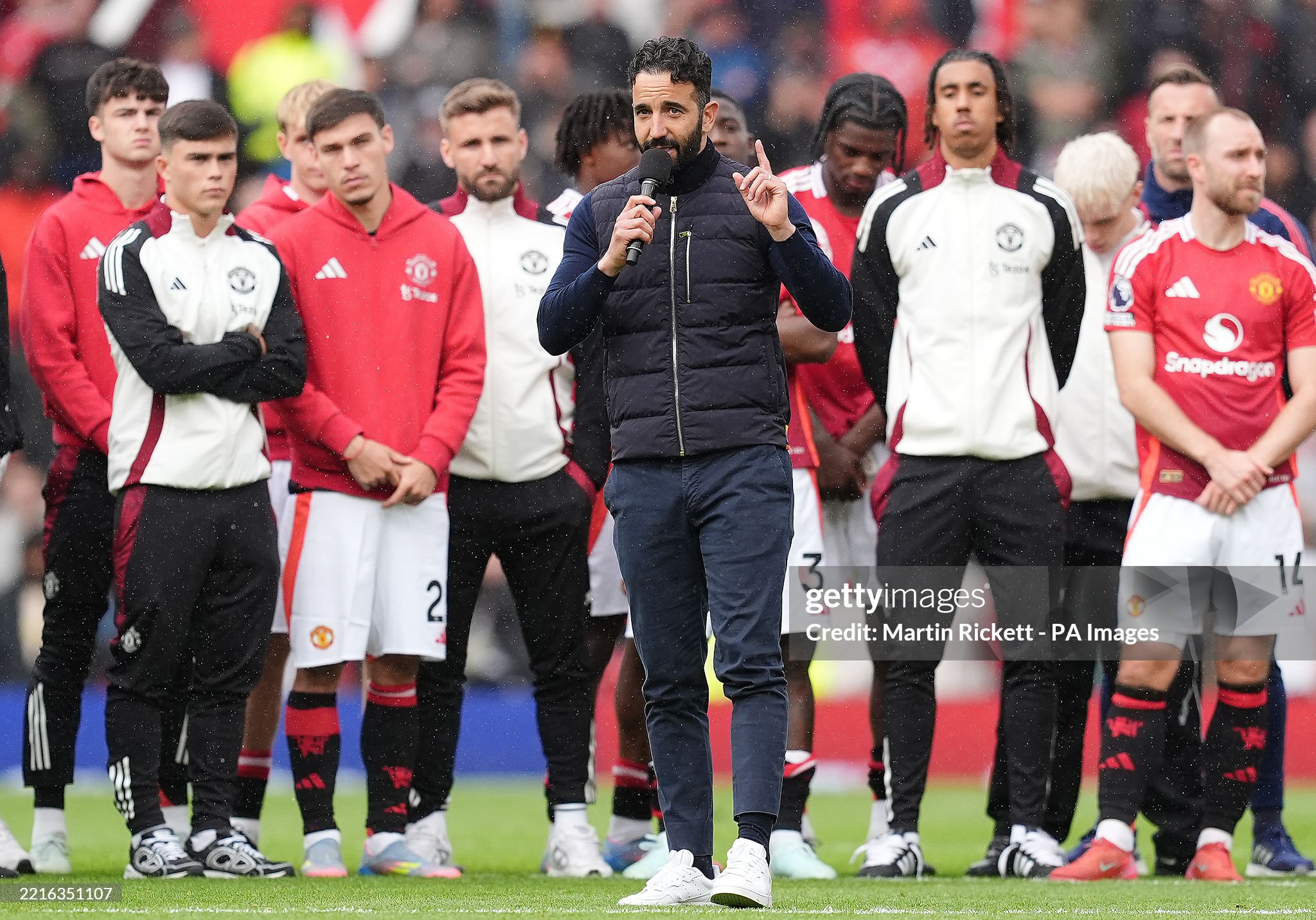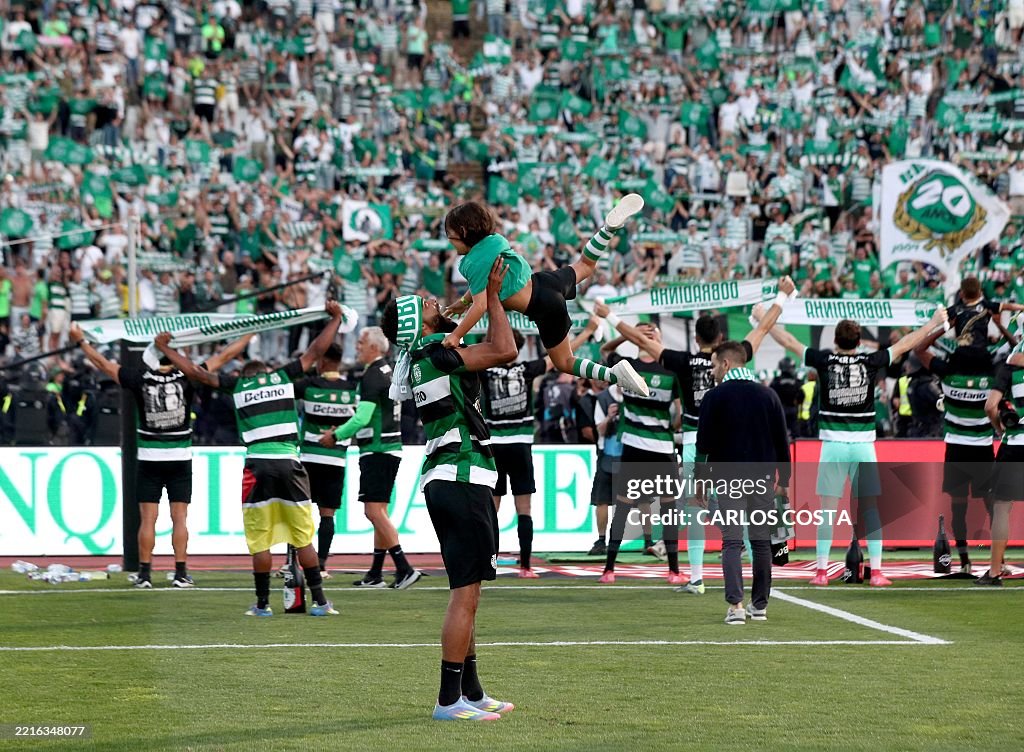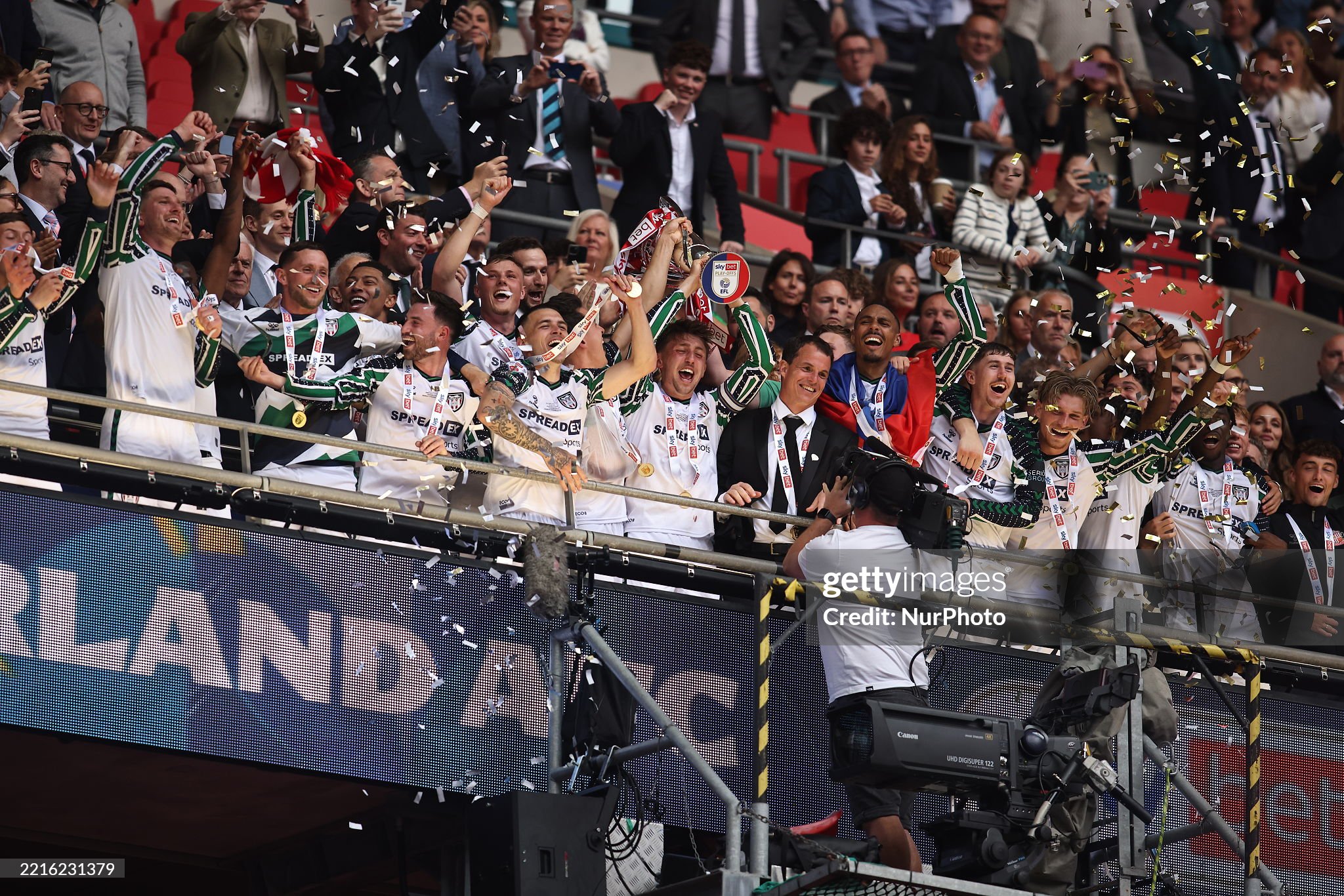Mikel Arteta has brought Arsenal back to the top of the Premier League, but since winning the FA Cup in the 2019/20 season, the Spanish manager has failed to lead the Gunners to any domestic or international finals. Thierry Henry understands why questions are being raised about that.
For the third consecutive season, Arsenal have ended their Premier League campaign as runners-up yet again falling just short of glory.
This time, the Gunners had to yield to a resurgent Liverpool side, now under the leadership of Arne Slot, who managed to take the Merseyside club back to the top of English football in his debut season. While Arsenal have consistently challenged at the summit of the league, their inability to convert progress into silverware continues to draw scrutiny, not least from club legend Thierry Henry.
The former striker, who played a pivotal role in Arsenal’s golden years under Arsène Wenger, shared his concerns in a candid appearance on the Stick to Football podcast. According to Henry, while Mikel Arteta has undeniably rebuilt the team into one of the strongest units in England, there comes a point where patience must be balanced with results. “I understand that you need time,” he said. “You need at least three or four transfer windows to shape everything the way you want. But after three or four years at the top, you should have at least reached a final.”
His comments come on the back of Arsenal’s Champions League campaign, which saw them make it to the semi-finals for the first time since the 2008/09 season. There was genuine excitement among the fans, and for a moment, it looked as though the North London club might finally break their long European drought. But the dream was cut short, as they fell at the penultimate hurdle a familiar tale in recent years. The disappointment was compounded by the league outcome, with Arsenal once again missing out on the title despite an impressive season.
Henry didn’t hold back in expressing why this near-miss culture is becoming a concern. “I’m not saying I’m disappointed, but it’s only natural that people are asking why this team hasn’t won anything in recent years,” he said. “We’re talking about a project that has shown clear signs of progress players have improved, the style of play has evolved, and the club is now competing with the very best. But football is a results business, and eventually, the question will shift from ‘how far have we come?’ to ‘why haven’t we finished the job?’”
The Frenchman drew an interesting comparison with Manchester United, a club that has become the subject of frequent mockery due to their struggles in the league. United finished 15th this season, a staggering decline for a club of their stature. Yet, Henry pointed out that they’ve still managed to reach five finals in the past five years a stat that Arsenal, for all their progress, cannot match. “That’s the United everyone laughs at,” he remarked. “But the truth is, they’ve been to finals. Arsenal have been building for three years and haven’t reached one. That should give us pause.”
At the heart of Henry’s critique lies one central issue: the lack of a true number 9. For all of Arsenal’s attacking talent Bukayo Saka, Gabriel Martinelli, Martin Ødegaard the absence of a traditional, reliable striker continues to haunt them in big moments. The former captain believes that this summer is absolutely critical for the club to make the right move in the transfer market. “He had time to bring someone in,” Henry said, referring to Mikel Arteta. “While everyone was asking for a number 9, he went and got Sterling. But I’m not the coach I don’t know what was discussed internally. I just know that people have been calling for a real striker for quite some time.”
Henry’s comments point to a wider debate within the Arsenal fanbase. Many supporters share his view that while the current squad has elevated its performance levels, they lack the killer instinct up front. Gabriel Jesus, despite his work rate and technical quality, has struggled with injuries and inconsistency. Eddie Nketiah hasn’t quite convinced as a long-term solution, and Kai Havertz, while useful in a hybrid role, isn’t the traditional goal poacher that title-winning teams tend to rely on.
The club’s recruitment strategy has improved dramatically under Arteta and sporting director Edu, but this summer could be defining. There is a growing belief that one marquee signing a striker in the mold of a prime Henry or van Persie could turn Arsenal from nearly-men into champions. Names like Victor Osimhen, Ivan Toney, and Benjamin Sesko have been floated, and the pressure is mounting for the club to act decisively.
For now, Arsenal must reflect on another season of “almosts.” They pushed Liverpool all the way, thrilled in Europe, and proved that they belong in the conversation with the elite. But as Henry subtly reminded, greatness in football is measured not by potential, but by trophies. If Arsenal truly want to cement their return to the top, it’s time to make that final leap from contenders to winners.
